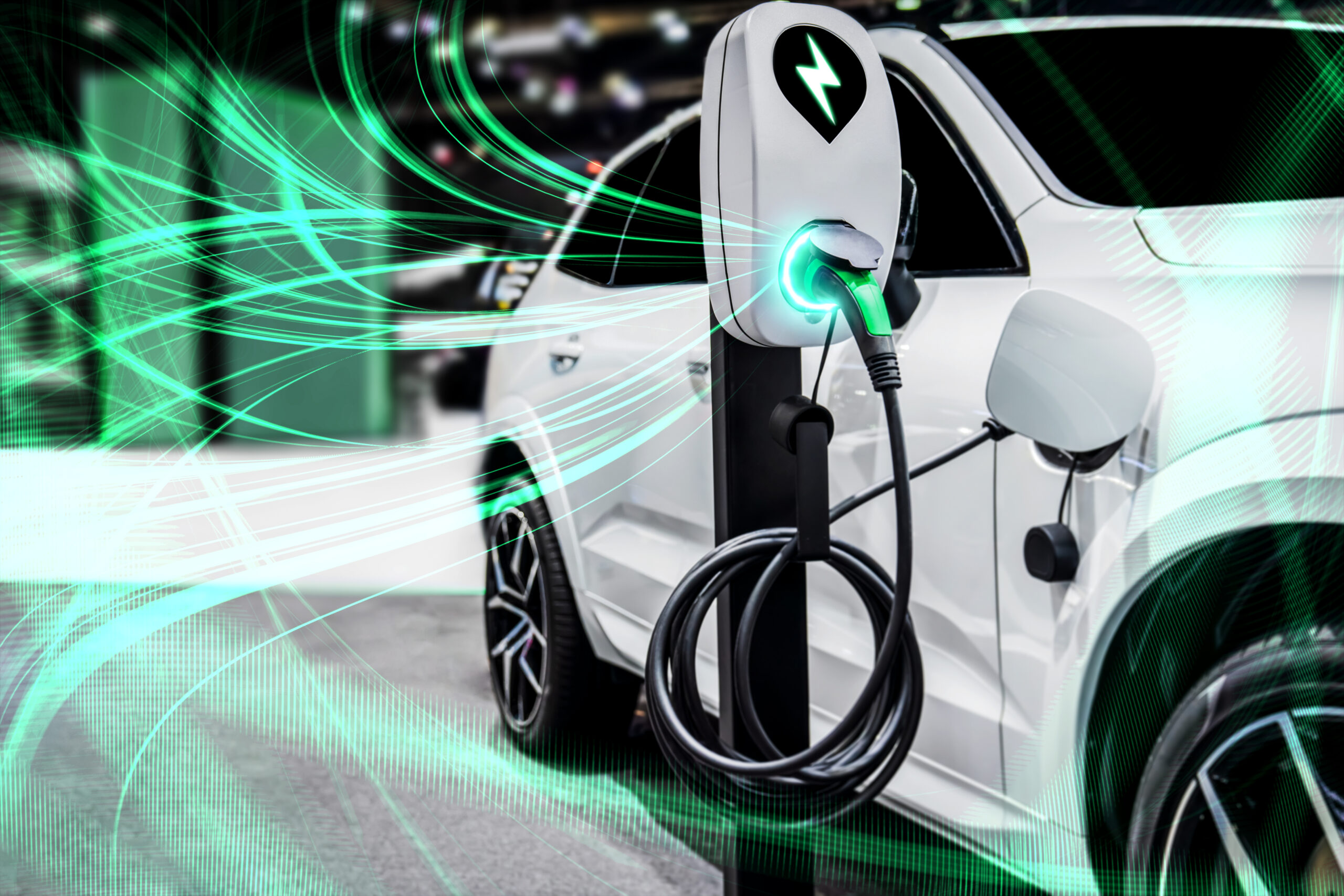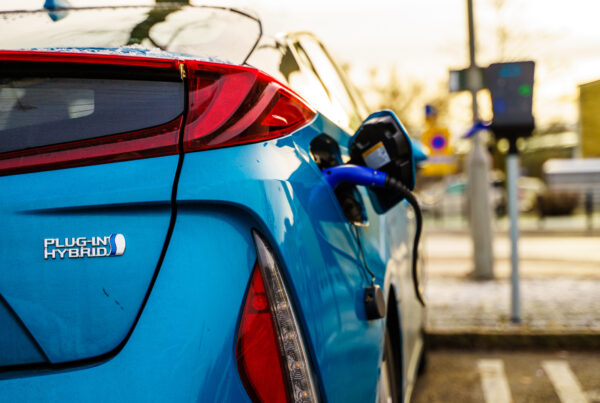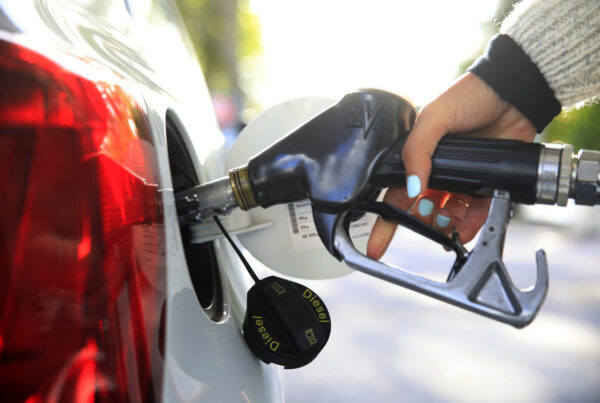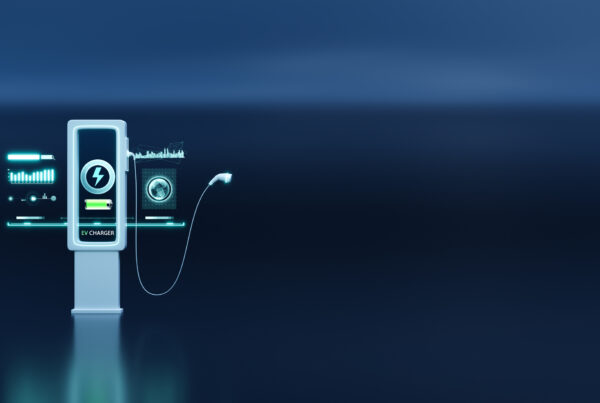The European Union is working to ban the sale of new petrol and diesel cars from 2035 through laws which demand significant CO2 emission cuts.
Both the EU countries and the European Parliament must approve the new laws, including the European Commission which drafts new laws.
All parties must agree that car makers need to achieve a 100 per cent cut in CO2 emissions by 2035, making the sale of new fossil fuel-powered vehicles impossible in the hope to speed up EV adoption and fight climate change.
“This deal is good news for car drivers… new zero-emission cars will become cheaper, making them more affordable and more accessible to everyone,” parliament’s lead negotiator Jan Huitema said.
The deal also includes a 55 per cent cut in CO2 emissions for new cars sold from 2030 against 2021 levels, which is much higher than the existing target of a 37.5 per cent reduction.
New vans must comply with a 100 per cent CO2 cut by 2035, and a 50 per cent cut by 2030 compared with 2021 levels.
As regulatory pressures increase many manufacturers are already making changes to abide EU electrification.
For example, Volkswagen will only be producing solely electric vehicles for the European market.
Given the significant expectations this deal creates for manufacturers, small car makers producing less than 10,000 vehicles per year can negotiate weaker targets until 2036, when they would face the zero-emission requirement.
Did you find this article interesting? Click the ‘heart’ button above to give it a ‘like’




















